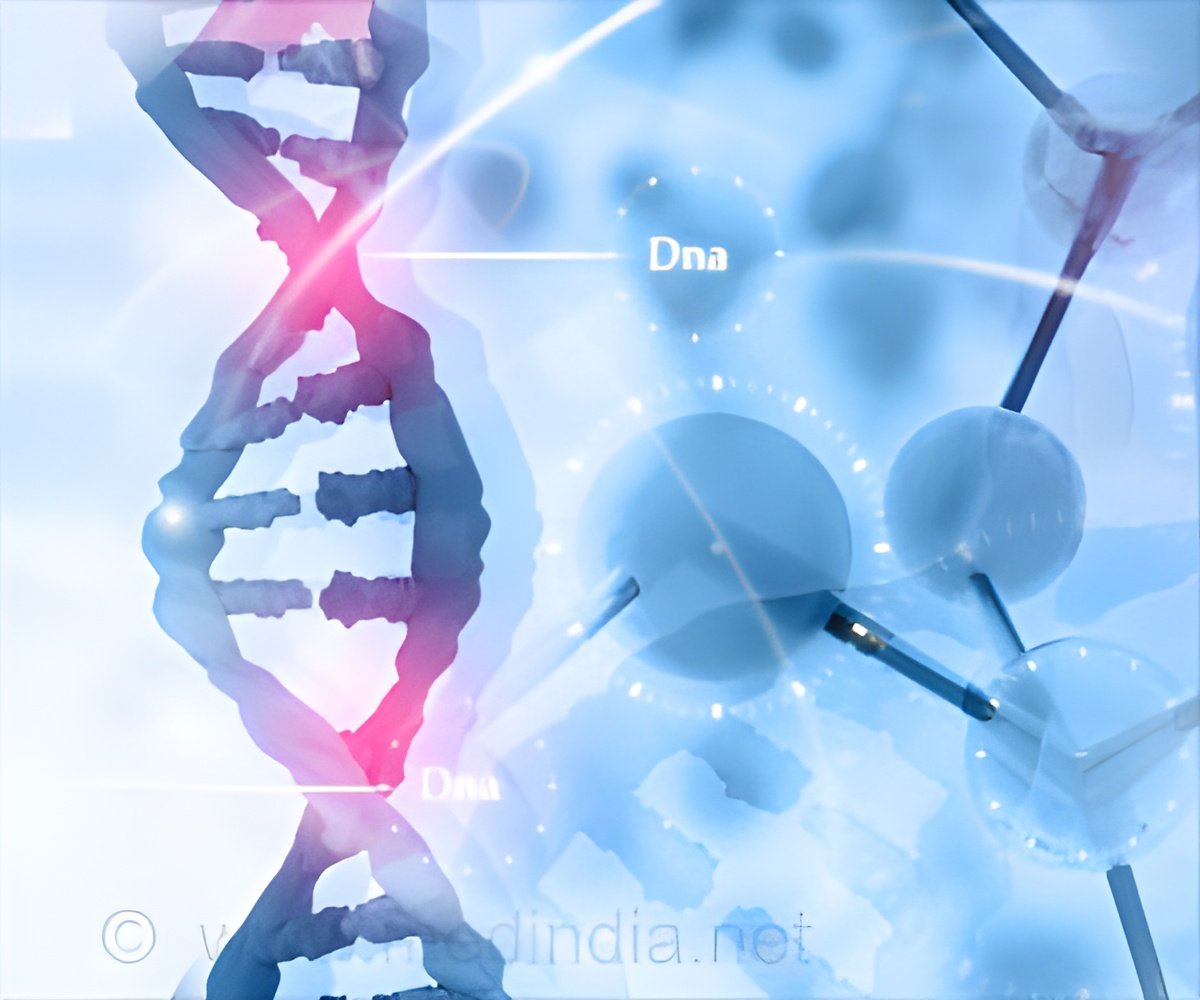Genes and regulatory regions, the molecular switches that control the expression of genes help explain the true impact of genetic differences on immune response

TOP INSIGHT
There are hidden genetic mechanisms that control genetic differences in immune response. These mechanisms are often missed in research as focus is limited to the genes. But it is important to study both the genes and their control regions.
The research team discovered that the differences in immune responses due to genetic variation were only visible at certain stages of the experiment when the immune cells were in particular states, for example when they were activated.
In other states, only 'footprints' of the genetic variation effects could be seen. However by looking at two elements, the genes and regulatory regions - the molecular 'switches' that control the expression of those genes, the research team was able to identify the true impact of genetic differences on immune response. The results suggest that the actual effects of genetic variation on immune response are often hidden if not searched for thoroughly.
An understanding of the role genetic variants play in helping our immune systems fight diseases is an important step towards better-targeted therapies.
Dr Dan Gaffney, senior author from the Wellcome Sanger Institute, said: "We have found that the impact of genetic variants on how people's immune cells respond to a pathogen like Salmonella are condition-specific - they are only visible at certain stages of infection. This means that the effects of genetic differences in immune disorders could be missed in research, if scientists aren't studying both the genes and their control regions, the regulatory elements, of immune cells at all stages of an infection."
Dr Kaur Alasoo, previously from the Wellcome Sanger Institute and now from the University of Tartu, Estonia, said: "A benefit of using stem cells rather than pre-existing blood cells is they're very flexible, and enabled us to study the effects of stimulation at two different levels. We analyzed which genes in the genome were expressed during each stage of infection, but also looked at the activity of enhancers - the molecular 'switches' that controlled the expression of those genes. This novel combination of tools enabled us to see otherwise hidden effects of genetic variation on immune response."
This level of 'readiness' was due to a phenomenon known as enhancer priming, where some of the switches were already turned on in the unstimulated cells to facilitate a quicker response. In some cases, the immune cells could be overly eager and this can lead to an inflammatory response associated with immune disorders.
Professor Gordon Dougan, from the Wellcome Sanger Institute, added: "If the genetic variant being studied is associated with disease, such as an immune disorder, one needs to be sure of which gene the variant is affecting in order to develop an effective therapy. This may only be visible in a small time-window of the infection. These results offer important new insights into studying the mechanisms behind infection and disease."
Source-Eurekalert
 MEDINDIA
MEDINDIA




 Email
Email






